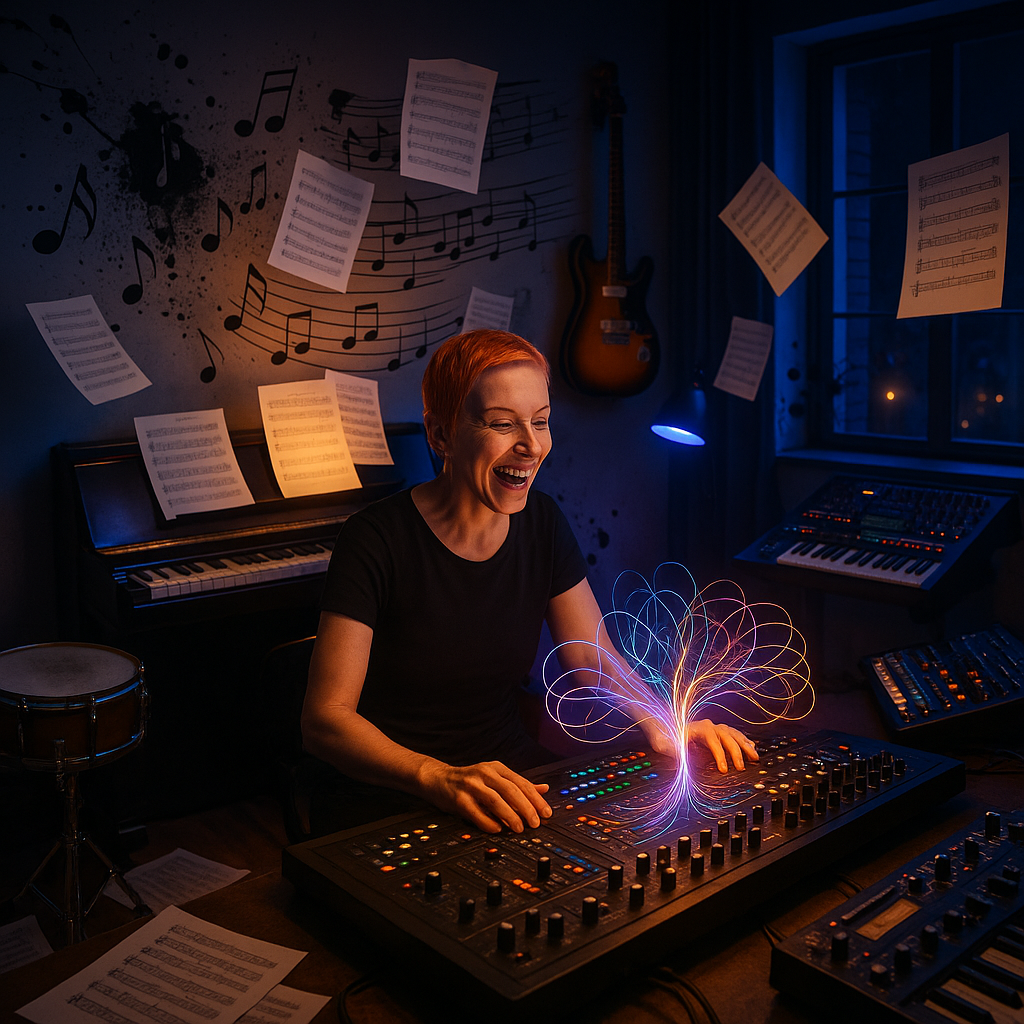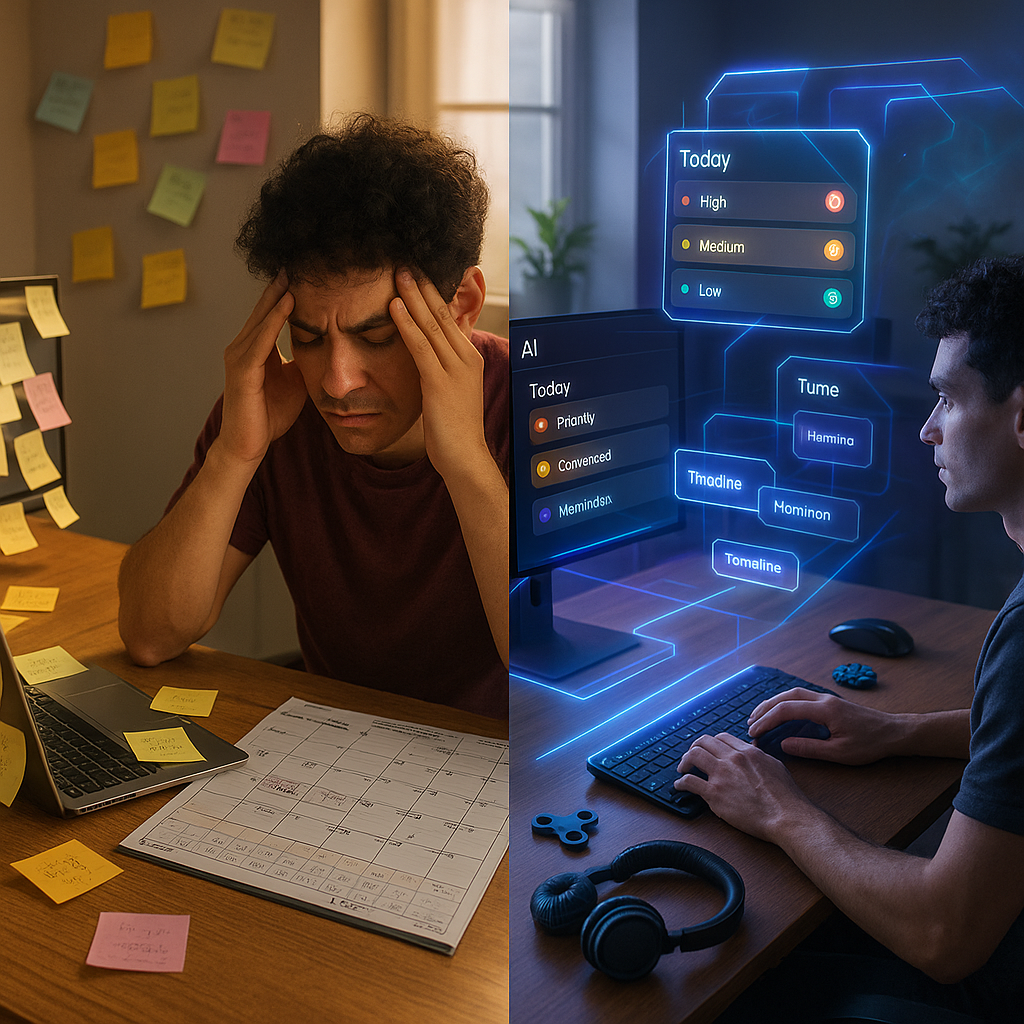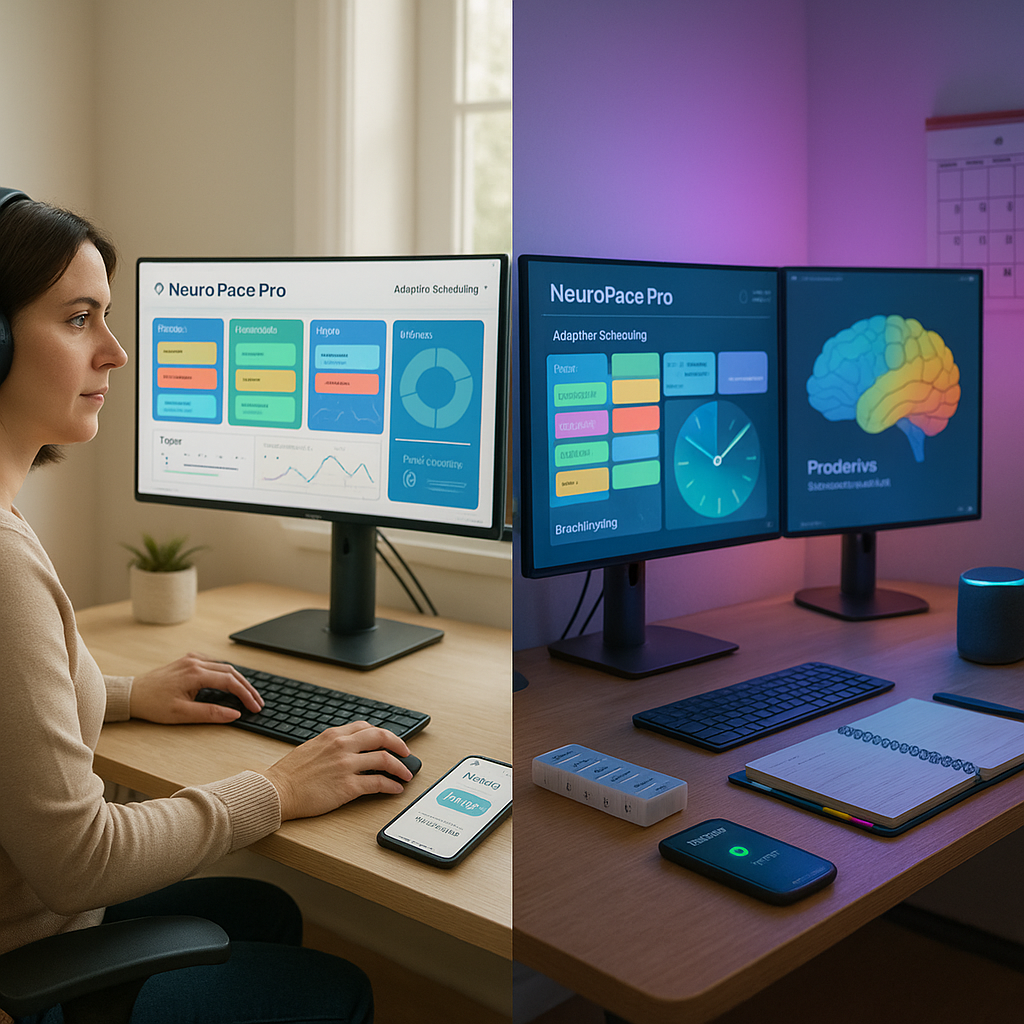Key Takeaways
- Lennox reframes ADHD as an asset: The Eurythmics co-founder describes her ADHD as a creative superpower and credits it for her distinctive musical style.
- Diagnosis spurs reflection on creativity: Lennox directly links her lifelong neurodivergent wiring to bold artistic choices and genre-crossing songwriting.
- Challenges traditional ADHD narratives: She moves beyond a deficit-focused view, advocating for celebration of the advantages that neurodivergent minds can offer.
- Public discussion sparks wider dialogue: Lennox’s statements encourage creatives and professionals to rethink how neurodivergence can drive innovation, not just present hurdles.
- Potential for creative systems: Her story invites others to explore ADHD-friendly structures that transform quirks into artistic and entrepreneurial advantages.
Introduction
Annie Lennox has revealed her ADHD diagnosis in a recent interview, describing it as a “creative superpower” behind her iconic musical career. By presenting neurodivergence as an asset rather than a limitation, the Eurythmics co-founder sparks a broader conversation about how ADHD can fuel creativity, innovation, and success in today’s creative industries.
Diagnosis and Creative Perspective
Annie Lennox disclosed her ADHD diagnosis during an interview with Rolling Stone, emphasizing that her neurodivergent mind played a key role in her groundbreaking musical journey. The Grammy-winning artist explained how her distinct cognitive patterns shaped the sound that defined Eurythmics and her solo work.
Lennox stated that what some perceive as scattered thinking enables her to make unexpected connections in music. She described ADHD not as a limitation but as her creative superpower.
She pointed specifically to her talent for blending diverse musical genres, drawing from classical training and electronic experimentation. Lennox attributes these abilities to the benefits of her ADHD-influenced thinking style.
Impact on Musical Career
Lennox’s disclosure provides new context for the innovative techniques and genre-blending compositions characteristic of her work with Eurythmics. Her songwriting approach, marked by layered arrangements and unconventional sonic elements, aligns with ADHD traits such as divergent thinking and pattern recognition.
She also discussed how hyperfocus, often associated with ADHD, allowed her to dedicate intense periods to perfecting song details. Lennox described losing track of time while immersed in the creative process.
Colleagues have long noted Lennox’s unique creative process. Dave Stewart, her Eurythmics bandmate, has described her ability to manage multiple creative threads at once as remarkable.
Broader Context in the Music Industry
Lennox is among a growing group of musicians, including will.i.am and Solange Knowles, who have spoken openly about their ADHD diagnoses. These artists have highlighted how neurodivergent thinking can enhance creative work.
Research from the University of Manchester suggests a significant correlation between ADHD traits and creative achievement in the arts. Dr. Sarah Thompson, lead researcher, has found that traits commonly linked to ADHD can contribute to innovative artistic expression.
Industry professionals are increasingly recognizing the strengths neurodivergent perspectives offer in creative roles. Leading recording studios and production companies have begun to implement more inclusive work environments to accommodate diverse cognitive styles.
Community Response and Impact
Neurodivergent artists and creators on social media have responded positively to Lennox’s revelation. Many shared that her outlook helps challenge stigma and reframes ADHD as a creative advantage.
Mental health advocates have stressed the significance of public figures sharing their experiences. Dr. Michael Chen, a specialist in adult ADHD, stated that positive representations can motivate others to seek diagnosis and support.
The conversation initiated by Lennox’s disclosure has expanded beyond music, prompting wider discussions about neurodiversity in creative professions and workplaces.
Conclusion
Annie Lennox’s open recognition of her ADHD diagnosis encourages a shift in perspective toward viewing neurodivergence as a source of creative strength. Her story reinforces ongoing changes in industry attitudes that increasingly view diverse cognitive styles as valuable assets. What to watch: Growing focus on neurodiversity initiatives and evolving practices supporting creativity in the workplace.





Leave a Reply